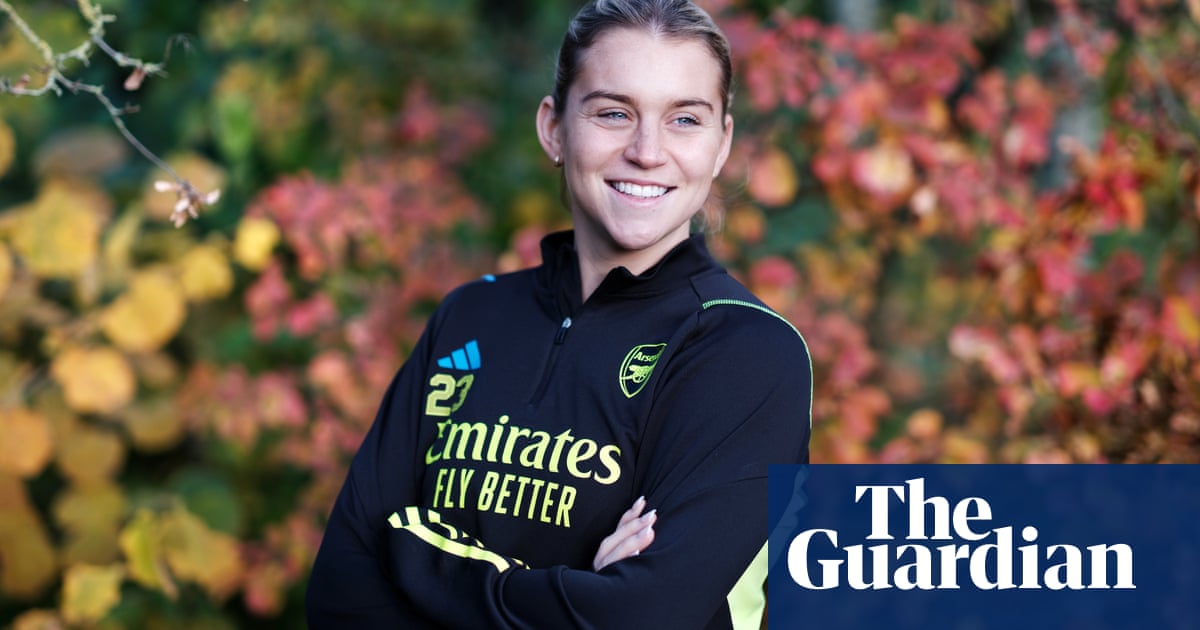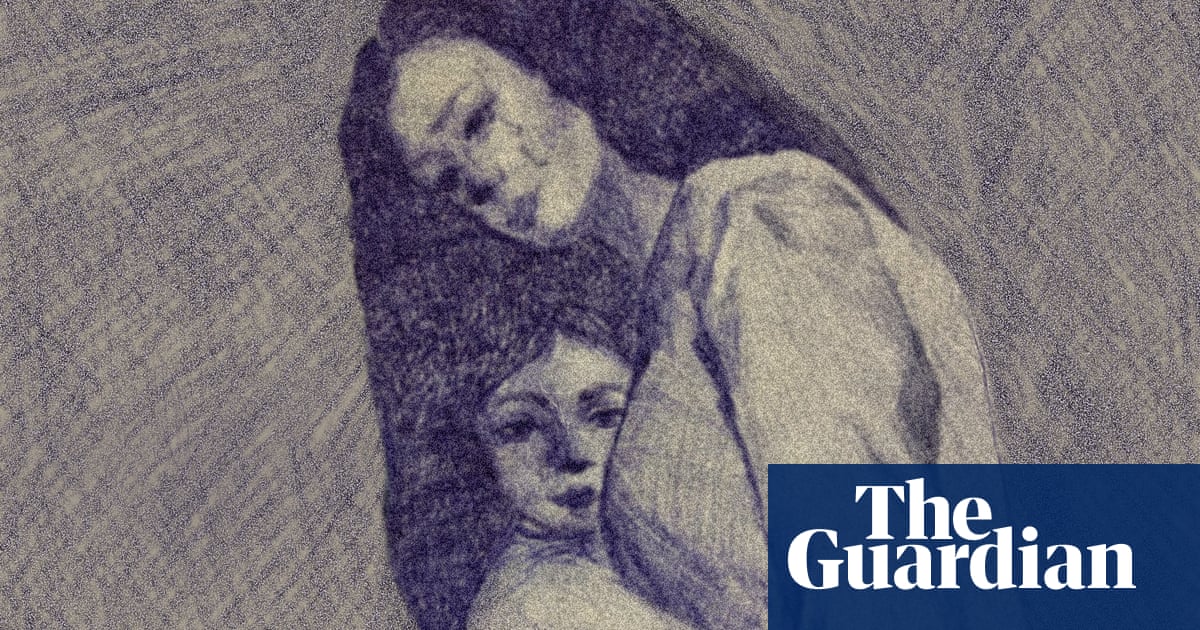
The dark new drama The Shrink Next Door tells an almost unbelievable story. Almost, of course, because it actually happened. In 1980s New York, wealthy businessman Martin “Marty” Markowitz fell under the spell of his psychiatrist Isaac “Ike” Herschkopf, who manipulated Marty into giving him his house, handing over his business and cutting off his family for almost 30 years. In an adaptation penned by one of Succession’s writers, Georgia Pritchett, Will Ferrell plays the patient whom many assumed was the handyman in his own home, while Paul Rudd is the smarmy shrink turned cuckoo in the nest.
If the story sounds familiar, that’s because the show is based on the hit podcast of the same name. The Shrink Next Door is the latest in the podcast to TV trend, which includes Julia Roberts’s Homecoming, Dirty John, with Connie Britton as the gaslit victim of “Dirty” John Meehan (Eric Bana), and Dr Death – based on the terrifying tale of sociopathic surgeon Christopher Duntsch – starring Joshua Jackson, Christian Slater and Alec Baldwin.
We’re arguably at peak podcast, and it’s clear that TV studios are now scouring audio for inspiration. “The thing is, TV and film companies don’t like to take big risks – if something has proved itself to be compelling and popular, that’s very reassuring to them,” says Pritchett. “And the great thing about podcasts is that you hear all kinds of unusual, incredible stories that you would never have had access to [before], and that wouldn’t necessarily have been funded otherwise.”
The podcast to TV pipeline shows no sign of stopping, either: Renée Zellweger will soon play killer Pam Hupp, the subject of the Dateline podcast The Thing About Pam – and Pritchett is already adapting the Radio 4 podcast Tunnel 29, about students who escaped Stasi-occupied east Berlin in 1962 by digging a tunnel under the so-called “death strip”.
As for The Shrink Next Door, journalist Joe Nocera – Herschkopf’s former neighbour, who wrote and narrated the Shrink Next Door podcast – insists he didn’t “expect” the show to be snapped up and turned into TV, but “with Wondery [who produced The Shrink Next Door], part of its business model is finding podcasts that could be turned into TV shows. Dirty John quickly got bought, then Dr Death, so in my mind there was a possibility something could happen.”
The podcast came out in May 2019, topped the charts for three weeks and got bought up for television almost immediately. “I was actually walking through Soho in London when my American agent called to ask me if I had heard it. I was like: ‘Yes, get off the phone, I’m trying to listen to it right now!’” says Pritchett. “He said it was being made into a TV series and did I want to pitch for it. I didn’t think I had any chance of getting the job. Interestingly, both Paul Rudd and Will Ferrell had heard the podcast, separately, and wanted to be in the TV version.” The show was given the go-ahead in April 2020, and filmed during the pandemic.
Other podcasts haven’t had such a smooth journey to the screen, not least because – as the pod-to-TV boom has continued – more shows have focused on real-life events. The podcast Teacher’s Pet – based on the sudden 1982 disappearance of housewife Lyn Dawson and made by the Australian newspaper – was the subject of talks with studios after hitting 17m downloads. But when Lyn’s husband Chris was arrested on suspicion of her murder, the show stalled.
After getting 16m downloads in the week of its release in 2017, the rights to S-Town were swiftly sold off, with Spotlight’s Tom McCarthy lined up to direct. But then the creators got mired in a long legal battle with the estate of the show’s subject, the master clock-maker John B McLemore, and the project is now “back into early stages of development”, according to executive producer Julie Snyder.
Even when projects do go ahead, they don’t always leave everyone happy. Terra Newell is one of the victims of “Dirty” John Meehan and took part in the podcast made by the LA Times, recounting how he tricked her mum Debra into marrying him, and attacked Newell in an attempt to abduct her. He died after Terra fought back in self-defence.
Newell says the producers of the TV show and its star Connie Britton met her and her family and screened episodes for them ahead of broadcast. “Connie is the nicest, most heartfelt person,” says Newell. “And at first it’s so exciting. But then I was like: this is my trauma being acted out on television. It was really hard, to be honest. I watched part of [the final episode, where she is attacked] with my therapist, actually. Every time my story is retold, I have to relive it.”
When the show was in development, Newell was surprised to find that she had no control over her own story. “It was just like – we’re going to do this with or without you guys, the LA Times owns everything now. So from a victim’s standpoint it was shocking. We were told as a courtesy.”
Sometimes, a podcast’s real-life subjects are unavailable, leaving creators with difficult decisions over how to fill in the gaps. Dr Death’s Christopher Dunsch, for example, is currently serving life in prison after being convicted of maiming one of his patients. “You can’t begin to fathom the responsibility that you feel when you take a deep dive into people’s back stories,” says Dr Death showrunner and writer Patrick Macmanus. “You begin to see the lives that [Dunsch’s patients] had when they were struggling with pain, and how they were upended and ruined. We didn’t want any of them to feel like we were sensationalising their pain or their journey.” Macmanus did attempt to meet Dunsch, but says: “I don’t think there was a world in which he was going to tell us any semblance of the truth. All we would have ended up getting was lies, and I can’t imagine that would be beneficial.”
For his part, The Shrink Next Door’s Marty Markowitz seems over the moon at having his life turned into a TV show. “Paul Rudd, Will Ferrell and [director] Michael Showalter flew out from California to spend a day with myself, my sister and Joe Nocera,” he says. “Then they flew right back to California! There was no joking around, they just peppered me with a million questions. I had a wonderful five-hour lunch with Georgia Pritchett. I gave her a timeline which I had prepared – a very detailed one with all the main facts.”
Markowitz also received a message from Ferrell. “He sent me an email that said: ‘I’m not 100% sure you’ll be happy with the way I’m playing you, but I think you’ll be happy with the arc of the story.’ He’s a very, very nice man.”
Gladly, The Shrink Next Door is darkly funny, but never at Marty’s expense, and Ferrell’s performance is nuanced and heartbreaking. “With my background in comedy writing and Will, Paul and Kathryn [Hahn, who plays Marty’s estranged sister Phyllis], I think everyone at Apple was expecting a comedy,” says Pritchett. “But my mantra was: I’m going to squash all the joy out of this show, I’m going to stop being funny, I’ll suck all the pleasure from this – my point was that this story is a tragedy.
“The Shrink Next Door comes under the title of a true-crime podcast, but for me it wasn’t a whodunnit, but how did he do it? If you look at what I’ve written – from The Thick of It to Veep to Succession – I love finding compassion for unlovable people. It took two of them to create that situation. How did they both end up where they ended up? It was tragic for both of them, because Marty kind of opted out of his own life, and Ike lived someone else’s life for 27 years.”
The Shrink Next Door seems to be a prime example of a pod-to-TV transfer done the right way. However, while Marty insists he isn’t bothered about reliving the lowest moments of his life once again, one thing did really bother him. “Nothing can remind me of the bad times,” he says. “The only thing that disappointed me is the house they used. My place had a basketball court and two koi ponds. The one in the show is nowhere near as nice!”












